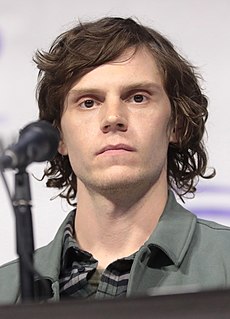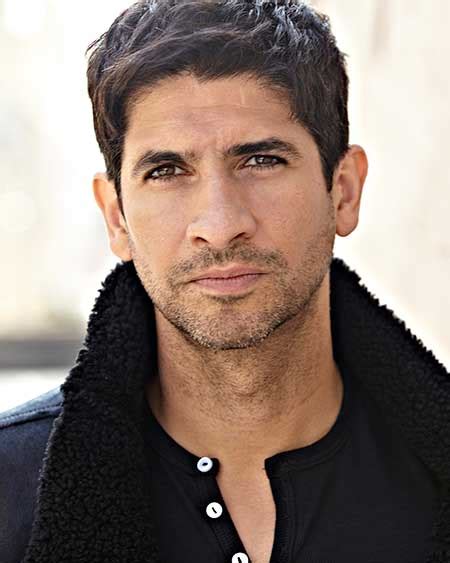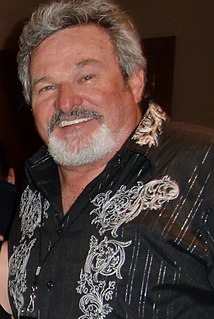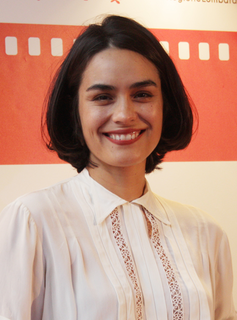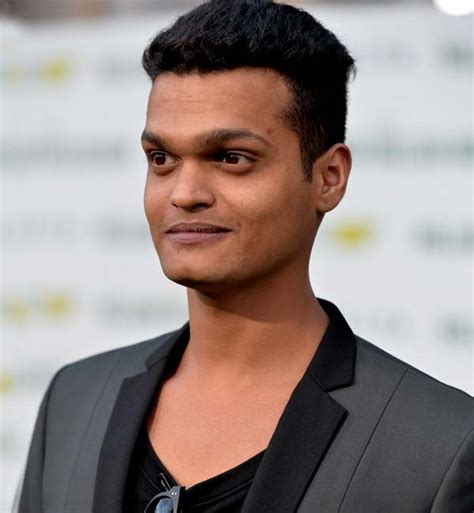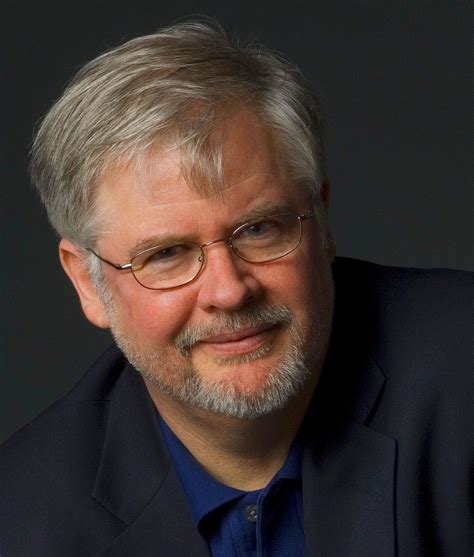A Quote by Evan Peters
You can't plan your character arc - you have a vague idea, maybe, but I'm constantly surprised. Sometimes actors in films will play the ending of the movie, or even the middle, and you know where it's going - as an audience member you can read the actor.
Related Quotes
Maybe my movie isn't over, I say, because sometimes moviemakers trick the audience with a false bad ending, and just when you think the movie is going to end badly, something dramatic happens, which leads to the happy ending. This seems like a good spot for something dramatic to happen, especially since it's my birthday.
As an actor, you don't want to know the beginning and end to your character's arc. It makes it more fun. You're not playing the end. You're playing it realistically. You don't know where this character is going to go and what's going to happen to him, which just makes it more interesting for the viewers to watch. They're going on the journey with you, as the actor and the character.
I love actors. I enjoy their company, and I get excited each and every time they bring a character I've written to life. Every so often a talented actor doesn't hook in correctly to a character; or someone gets lost in a labyrinth of over-complicated thoughts, and the character and play suffer. However, most of the time I find actors either end up doing exactly what was in my head, or sometimes do something even better.
Film acting, if you don't play the lead, you come, and you do your scenes in a few days, and you act with a couple of colleagues. All the rest of the actors you never see, and you don't even meet many of them. And you don't know what will happen with what you've done. Maybe it will be in the film, maybe it will not.
I believe in working with your morning brain - you have your coffee, and then maybe you'll start thinking about the grand plan and what's going to happen in the next arc, and then you write for a while, and then you get really dreamy, and over the course of the day or in the middle of the night, something comes, and you just throw it in!
As an actor, you don't want to know the beginning and end to your character's arc. It makes it more fun. You're not playing the end. You're playing it realistically. You don't know where this character is going to go and what's going to happen to him, which just makes it more interesting for the viewers to watch.
As a writer, you know what the purpose of the scene is. It really has nothing to do with the actor so you have to really get out of that space because for actors it's a micro-focus and then you figure out your arc through what the writers have given you to say. But that arc is just one little piece of the huge arc of the whole film. It took a while to get out of that.
People say, 'Well, whose career do you follow? Where do you see your career going? What movie do you want to do next?' And I can't tell you what type of movie I would go and do next. I would have to read the script and feel for a character. And if I feel in my gut for a character, I know that that's somebody I have to play.
